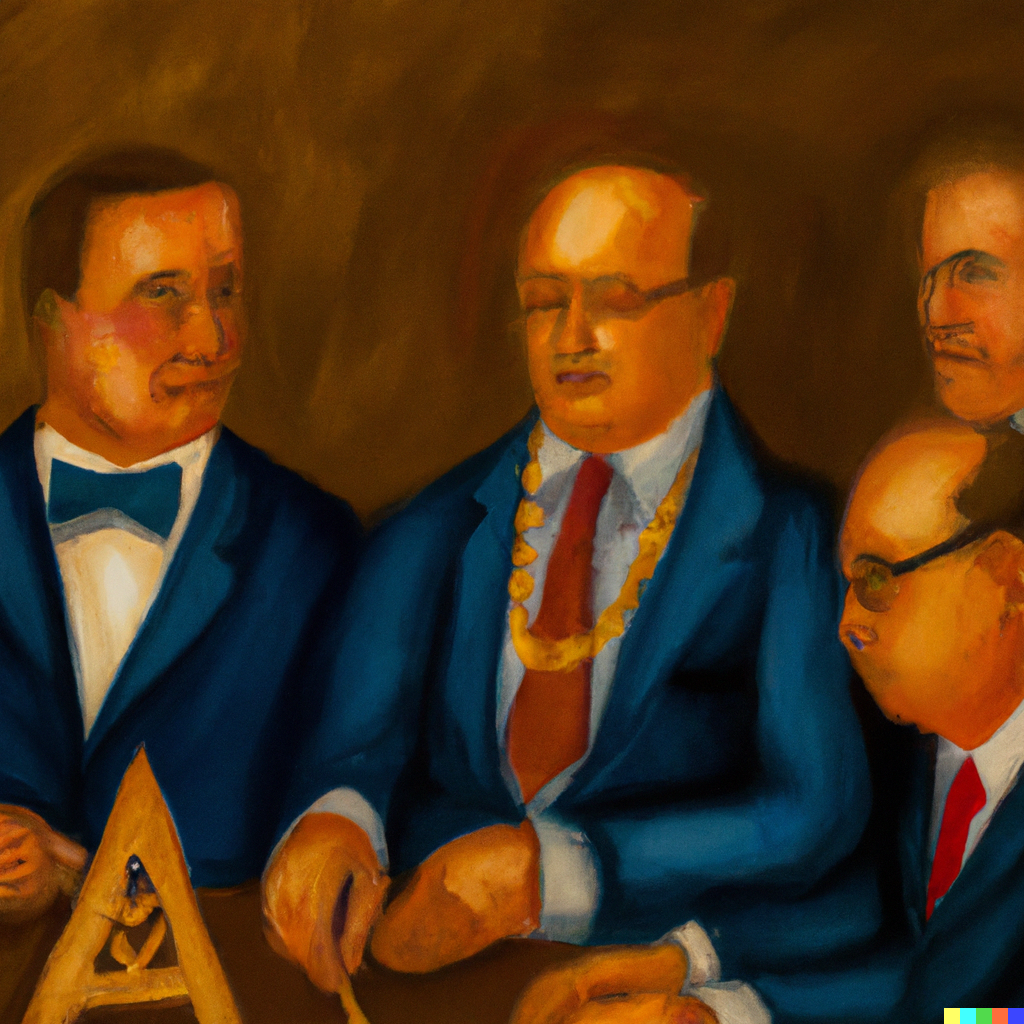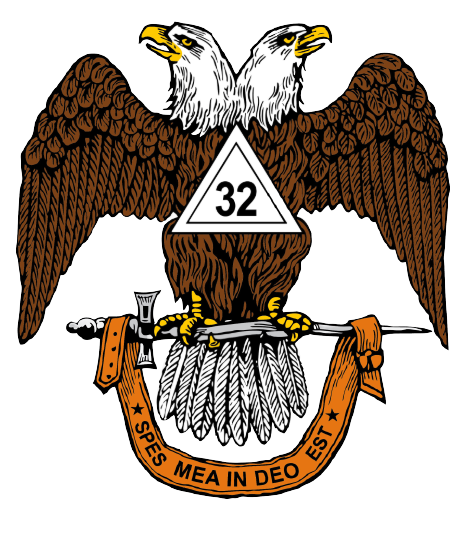Mentoring in Freemasonry

Last year at the Scottish Rite Leadership Seminar in St. Louis, mentoring emerged as a topic of significant importance. Several speakers emphasized its crucial role, but interestingly, among the participating Valleys, only about a third had a mentoring program. More surprisingly, none of the Valleys with mentoring programs had an established method of measuring their effectiveness.
The importance of a mentoring program is quickly apparent. Mentors provide new Brothers with someone to discuss their experiences with and encourage them to engage with the Valley after completing the Reunion. Mentoring isn't one-size-fits-all. What works well for one Brother might not be effective for another. The key is maintaining regular contact with them and continuously inviting them to Scottish Rite, along with other events.
Mentors come from various backgrounds. Some are members of the candidate's Blue Lodge, others are knowledgeable Brothers, and a few are outgoing members of the Valley. Typically, the outgoing members of the Valley make the most effective mentors. They frequently attend all meetings and events and often include new Scottish Rite Brothers in personal life events. Ideally, mentors should regularly dine out with their mentees and invite them to other Masonic activities in the area.
But how do we assess the success of our mentoring program? Should this be solely subjective? I argue that it's essential to collect certain metrics before implementing a successful mentoring program. Metrics, the hard, factual pieces of information, are necessary to gauge your program's effectiveness. Initially, you need to define your success criteria and set a baseline.
The success factors of your mentoring program can span numerous categories. For example, in Nashville, we consider factors like attendance at stated meetings, Reunion attendance, club participation, and Reunion team involvement. To establish the baseline, we analyzed the members of each class over the past decade and calculated an average for each category. Now, we can assess each class over time to determine if our techniques are effectively increasing these metrics.
Lastly, I encourage you to not shy away from trying different methods. If something isn't working, consider substituting it with a new approach. Don't get discouraged if an idea doesn't pan out as anticipated or if you don't meet the goals you set. Remember, this is a long-term program, and there's no failure as long as you persistently move forward. The Mentoring Program aims to cultivate lifelong friendships with Brothers who need companionship in a new organization. Rise to the challenge with a genuine desire to demonstrate brotherly love, and you too can find success in mentoring.
Brother Steve Martin 32° K.C.C.H.
Nashville Valley Scottish Rite
